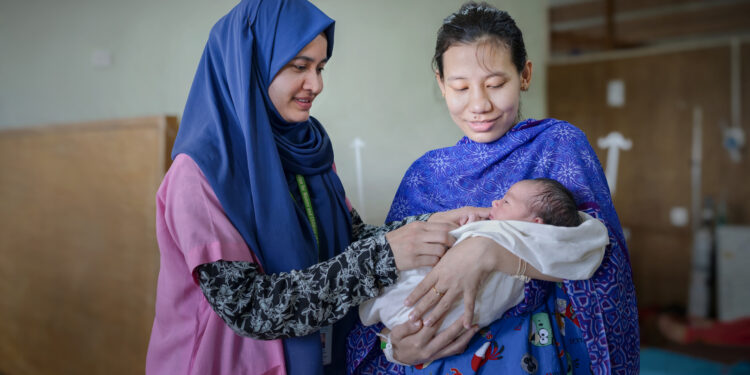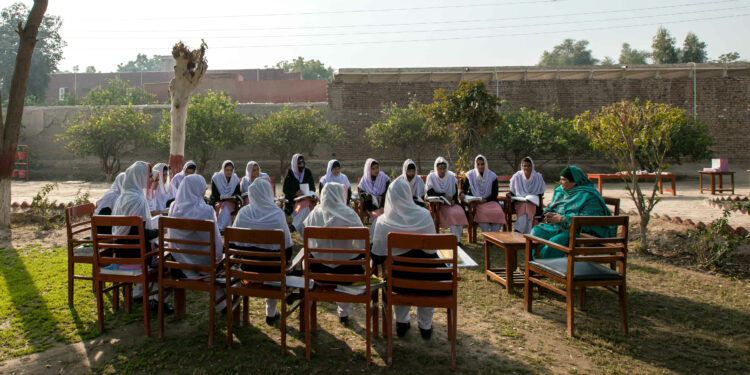Role of the Midwife in Physiological Third Stage of Labour

Background
The third stage of labour is defined as the period from the birth of the baby until the complete birth of the placenta and membranes. The third stage is a time of adjustment. The woman is becoming a mother and adjusting to the hormonal, physical and emotional changes that follow birth. Her baby is adjusting to extra uterine life. Uterotonic drugs to help manage the third stage of labour are not always available, nor will all women consent to their use. The midwife should understand the nature of uterine contractions and the physiology of the birth of the placenta (or the third stage of labour), regardless of the place of birth or the cultural and social environment.
The midwife’s role includes the regular assessment of the length of the third stage, placental birth time and process, monitoring of any blood loss and assessment of the general wellbeing of the mother and her newborn baby. The role of the midwife in the physiological birth of the placenta also includes providing information to the woman on the physiology of labour and birth and newborn adaptation to life.
Position
Many midwives will be required to attend the birth of the placenta without the aid of uterotonics and therefore the knowledge of physiological (expectant) care and management of the third stage of labour is considered a basic midwifery competency. As part of this competency, the midwife continuously assesses the woman for blood loss, any physiological effects of this loss and implements treatment measures if indicated. When a woman makes an active choice to experience a non-interventionist placental birth, the midwife will ensure the woman and her family have all the information necessary on which to make the decision.
Recommendations
This statement recognises the role and scope of the ICM Definition of the Midwife and the basic competencies that ICM expects of midwives. It also recognises the principle of autonomy and the notion of childbirth being a physiological process during which women and their families are entitled to information, choices and informed consent. Members are encouraged to ensure all midwifery curricula and ongoing education programmes include the role of the midwife in the management of the physiological third stage of labour as well as the active management of third stage.
Other Relevant Documentation
Eddy, A., Begley, C. Fullerton, J. Guilliland, K. Kenndey, H. A 2009. Delphi Survey on the role of the birth attendant during a physiological third stage of labour. International Confederation of Midwives, Newsletter, 2009.
Adopted at Glasgow Council meeting, 2008
Revised at Toronto Council meeting, 2017
Due for next review 2023
PS2008_016 V2017





